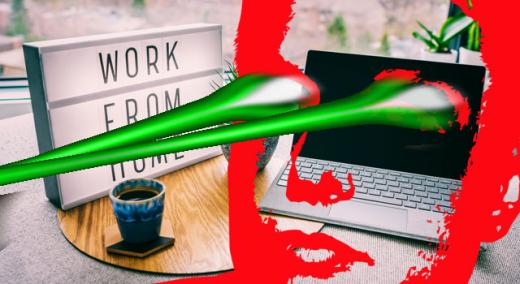Elon Musk recently demanded that all Tesla staff return to the office full-time, according to an email sent to executive staff and leaked on social media. Musk said those who don’t want to come to office should “pretend to work somewhere else,” insinuating that those who work from home aren’t actually working.
|
ADVERTISEMENT |
This authoritarian, top-down approach rooted in mistrust and false assumptions goes against best practices. It speaks to an illusion of control that will undermine employee productivity, engagement, innovation, retention, and recruitment at Tesla.
…

Add new comment